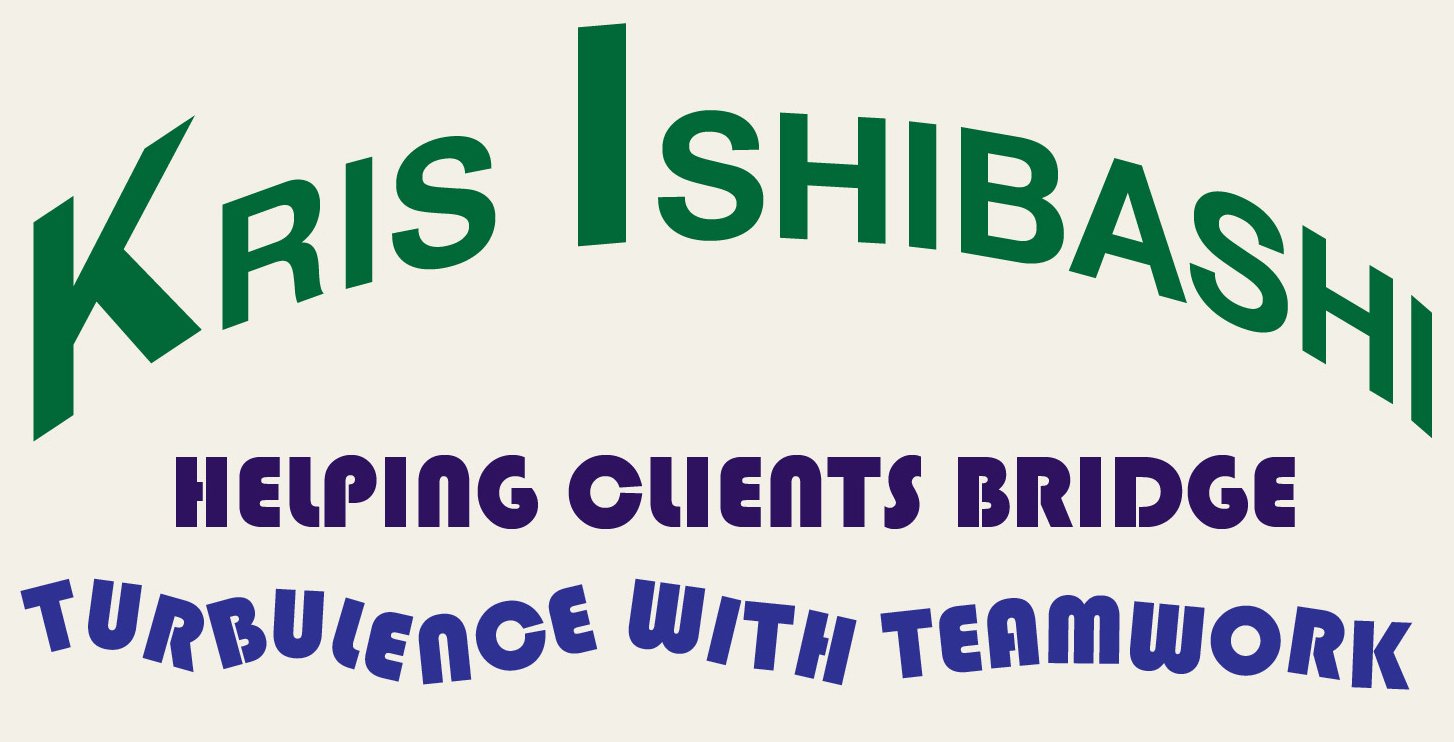Copyright: <a href='https://www.123rf.com/profile_wavebreakmediamicro'>wavebreakmediamicro / 123RF Stock Photo</a>
As leaders, we prize ourselves on having responsive teams. After all, organizational agility in light of changing business conditions can be critical to survival. With current technology, we can contact our teams around the clock. In this distracted age, how much instant communication is too much?
I once worked for an executive who insisted that his team be set their devices to ring an audible alarm when he sent them an email so that they’d get back to him right away. This created stress for some, and led to behaviors like that in the above photo.
A major company studied email distractions and found that when workers were distracted from their tasks by responding to an urgent email, they didn’t get back to their original tasks for 10 to 25 minutes, and sometimes longer, since the break in concentration sometimes led to other diversions.
If one of your team members needs to respond to three urgent messages each day, they are conservatively losing at least 30 minutes of productivity a day. If the work requires creativity, concentration, or has safety concerns, an interruption can best even more costly.
If you don’t communicates expectations around response time to your emails, many people will assume that a quicker response is always better. They aren’t thinking about their productivity in the way you might be as the team’s leader.
What can you do about it? 1) Establish response expectations within your team so that they know that when they receive an email from you, they don’t need to drop everything to respond immediately (you can text them if something urgent comes up), and set expectations around responding that includes emails you might send off hours, 2) Have a conversation with your team and the people they do business with to establish email response expectations that will balance productivity and communication concerns, 3) Support your team by respecting these rules and communicating them to people your team does business with.
Not only will these changes enhance your team’s productivity, you may find that it will make them feel a greater sense of satisfaction in their jobs.
QUESTION: How quickly do you expect your team to respond to your emails?
===============================================================


